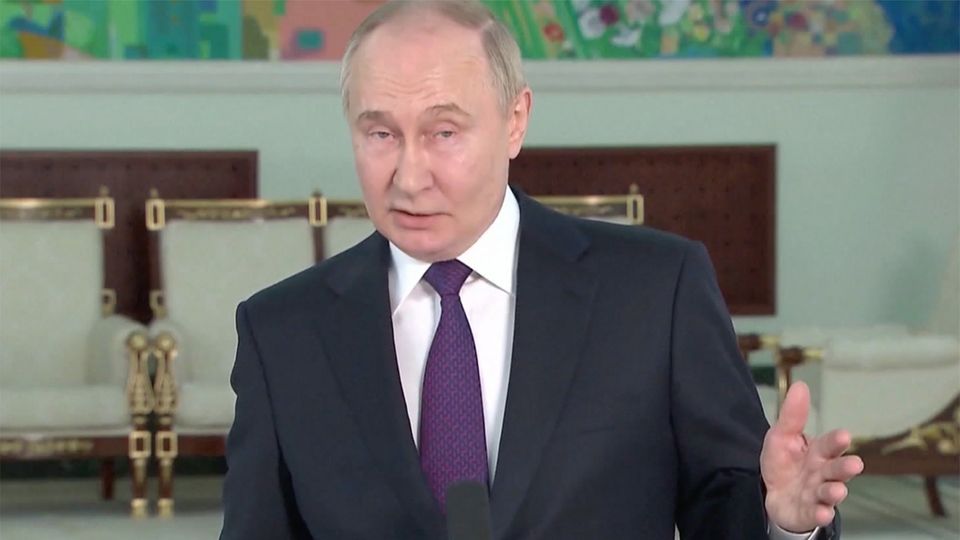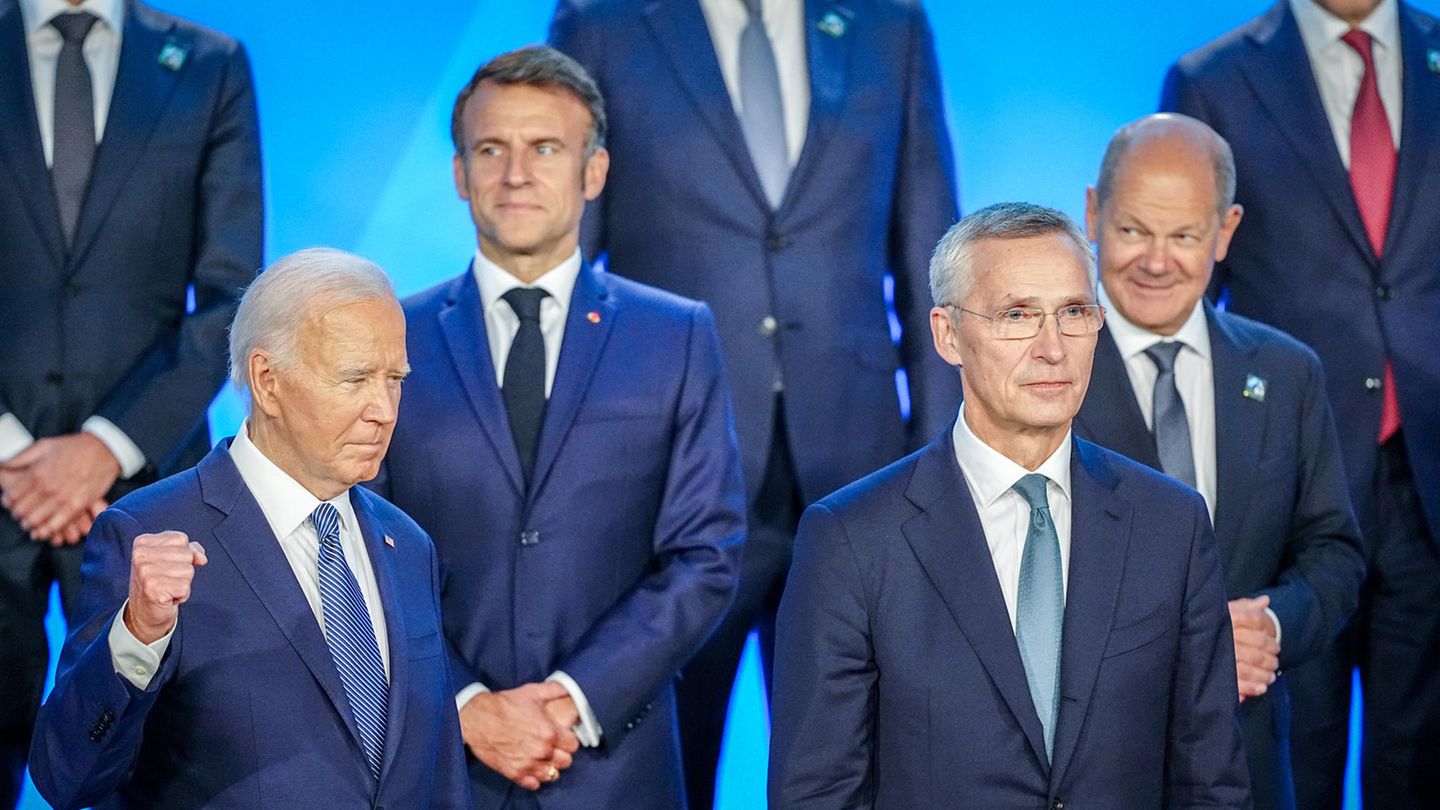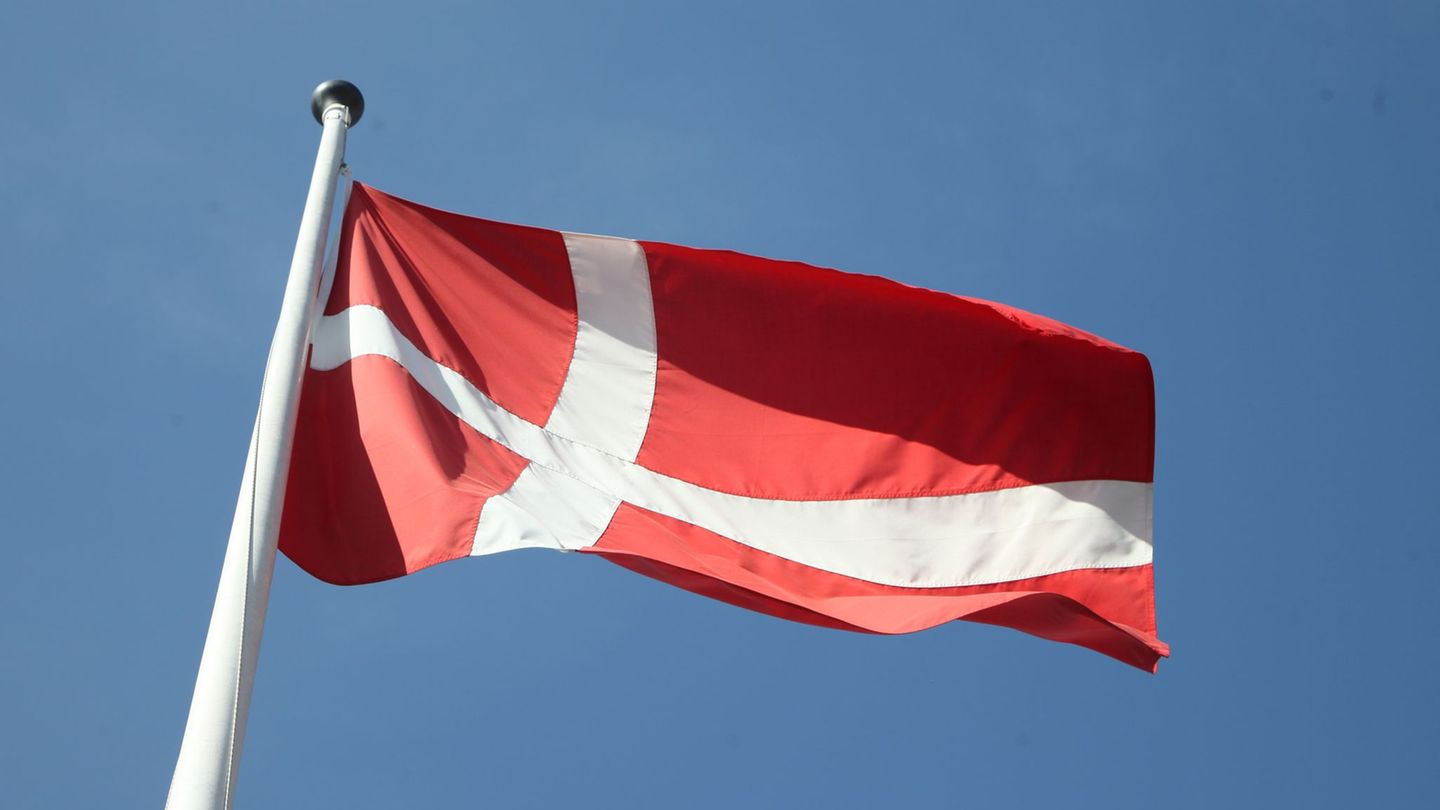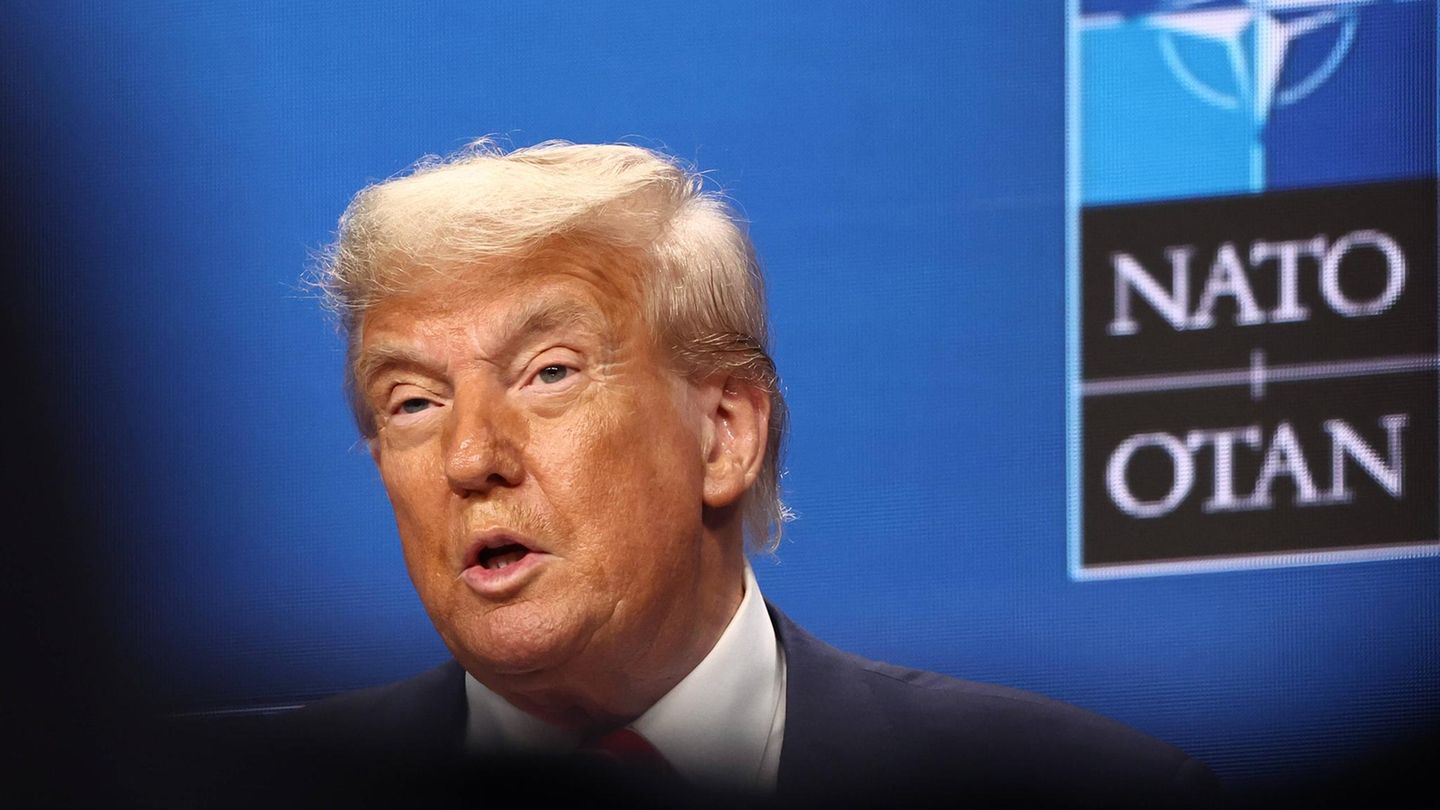The USA, together with Germany, is strengthening deterrence in Europe. The NATO summit is showing the Russian leadership the consequences of further escalation.
The most decisive step of the NATO summit in Washington is almost silent – and yet a real bombshell in terms of security policy: Due to the threat from Russia, the USA will be stationing weapons systems in Germany from 2026 onwards that have a range as far as Russia. These will include Tomahawk cruise missiles, which technically can also be equipped with nuclear weapons. There will also be SM-6 anti-aircraft missiles and newly developed hypersonic weapons, which will have a greater range than previously stationed land systems.
These “advanced capabilities” would demonstrate the US’s commitment to NATO and its contribution to common European deterrence, the US and Germany announced in just three sentences on the sidelines of the summit.
NATO strengthens Europe’s military security
On NATO’s 75th anniversary, the Cold War is back: the alliance is strengthening Europe’s military security because the Russian leadership around President Vladimir Putin does not want to end the war of aggression against Ukraine and mutual arms control measures have been terminated. What’s more, the signs of a new bloc forming are increasing, with the USA and Europe on the one hand and China and Russia on the other fighting for influence in the world.
NATO is also toughening its tone towards China and accusing the Asian superpower of providing crucial support for Russia’s war against Ukraine. The summit’s final declaration cites China’s support for the Russian defence industry and the so-called borderless partnership as examples. “This increases the danger that Russia poses to its neighbours and to Euro-Atlantic security,” the document states.
NATO is trying to counteract the impression that it is tired of the war in Ukraine and weakened by differences among itself. The “peace mission” of Hungarian Prime Minister Viktor Orban, with visits to Moscow and Beijing, is being dismissed by other alliance partners as not being taken seriously. Even US President Joe Biden, who is fighting for his candidacy in the November election, is receiving backing from the allies.
Scholz wants to live up to “special responsibility”
Chancellor Olaf Scholz (SPD) is very self-confident and makes it clear that Germany wants to live up to its responsibility as Europe’s largest economy even in difficult times. “Germany is the largest country in Europe within the NATO alliance. This gives us a very special responsibility,” he says. “And I can say this very clearly: We will, I will, live up to this responsibility.” Such clear tones are rarely heard from someone who prefers to modestly sell Germany as a “middle power.”
75th anniversary
From the Cold War to today: the history of NATO in pictures
However, he does not see the fact that US weapons that could hit Russia are to be stationed on German soil again as without its explosive nature. The fear that this could make Germany a target for Russian weapons is fairly widespread in Germany. There are also quite a few members of the SPD who believe that the permission to use Western weapons against military positions on Russian territory contributed to the SPD’s disaster in the European elections.
Anxious wait for US election
Compared to American politics, however, German domestic politics currently does not pose a serious risk to NATO. The United States will hold a presidential election in November and Donald Trump’s return to the White House is a realistic scenario. It is at least possible that Trump will then reverse the stationing plan. During his term in office from 2017 to 2021, the Republican initiated a reduction in the US military presence in Germany, which was later stopped by Biden. Since the Russian attack on Ukraine, the incumbent president has even increased the US troop presence in Germany and Europe again.

Putin threatens “small” European states – and has to raise new money for the war chest
01:27mins
Biden repeatedly assures that the United States is unwavering in its commitments to the military alliance and will defend every inch of NATO territory. Trump, on the other hand, repeatedly railed during his first term in office about what he considered to be too low defense spending by European allies and at times even threatened to withdraw the United States from the alliance.
During the election campaign, Trump said he would no longer provide American protection to NATO countries that did not meet their financial obligations – and that he was actually encouraging Russia to “do whatever the hell they want” with them.
Trump’s comments do not suggest that he is interested in becoming more involved in NATO and in deterrence in Europe. There is no indication that he will change his line. The Republican sees the Europeans as having a greater responsibility. But perhaps Trump can see some merit in stationing long-range weapons systems in Germany. After all, the 78-year-old is also someone who likes to flex his muscles.
For NATO, the unpredictability of Biden’s possible successor may even have something good about it – because Putin ultimately does not know what to expect from further provocations.
Source: Stern
I have been working in the news industry for over 6 years, first as a reporter and now as an editor. I have covered politics extensively, and my work has appeared in major newspapers and online news outlets around the world. In addition to my writing, I also contribute regularly to 24 Hours World.




